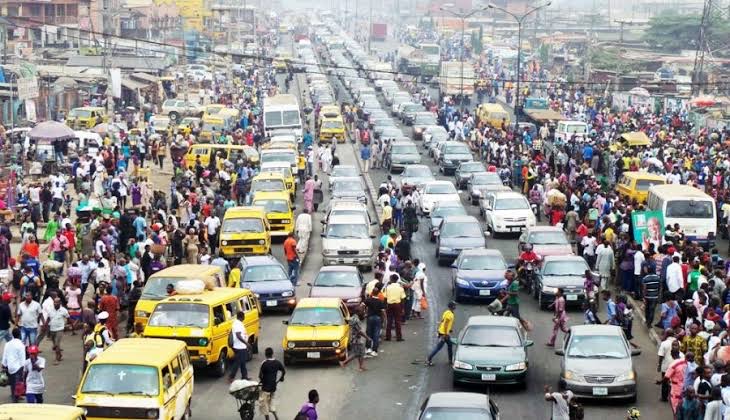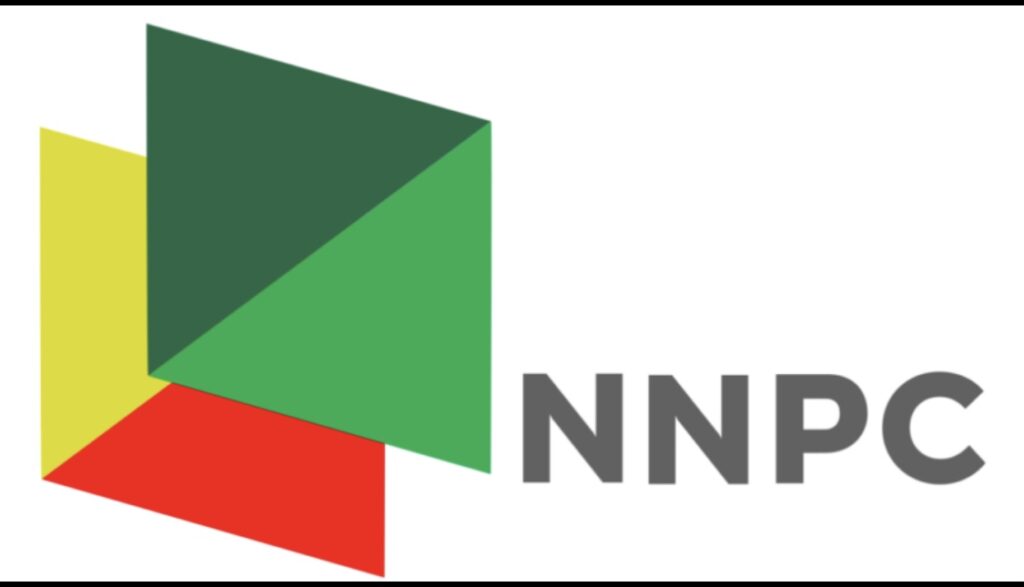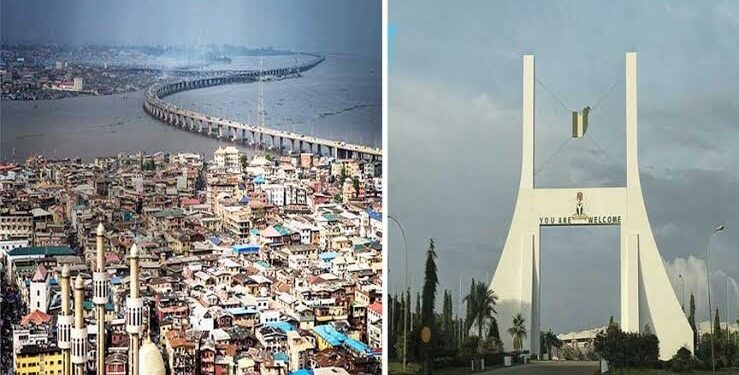Fuel scarcity has resurfaced in major cities such as Lagos and Abuja. On Sunday and Monday, cars line up at the few filling stations that sell petrol.
This is in denial of the $6.8 billion fuel subsidy that NNPC pays to oil traders, which some say is contributing to the supply problem.
Journalists noted that major roads in Lagos and Abuja were noticeably empty as there was no petrol needed for motorists to travel.
NNPC filling stations have also been completely closed, with some motorists waiting outside in the hope that the stations will one day reopen.
The product was sold yesterday at prices ranging from 840 naira to 1,000 naira in different parts of the country. Cause of Fuel Shortage.
Sources who spoke to Journalists suggested that the ongoing fuel shortage could be linked to NNPC’s overseas efforts following the removal of fuel subsidy. Since the removal of subsidy, fuel shortages have persisted despite price hikes at petrol stations.

NNPC has repeatedly cited factors such as supply disruptions and weather-related issues as the cause of the scarcity. However, insiders told Journalists that NNPC is struggling to meet its debt repayment obligations to oil trading partners.
This financial burden has been further worsened by the rise in international crude oil prices, resulting in a huge debt outstanding of about $6.8 billion. As a result, oil traders have become reluctant to hand over fuel cargo to NNPC.
“There are cargoes piling up in the offshore but because they (NNPC) can’t pay, the traders won’t deliver,” the source said.
NNPC has strongly denied the $6.8 billion debt to oil traders, saying buying products on credit is a common practice in the oil industry.

The company has asserted that it is meeting its financial obligations but has not disclosed the total amount owed.
“That NNPC Ltd. Does not owe the sum of $6.8bn to any international trader(s). In the oil trading business, transactions are carried out on credit, so it is normal to owe at one point or the other. But NNPC Ltd., through its subsidiary, NNPC Trading, has many open trade credit lines from several traders. The company is paying its obligations of related invoices on a first-in-first-out (FIFO) basis,” the company(NNPC) declared in earlier reports.
Other sources said the shortage could continue for weeks, adding that the long-term solution would be for NNPC to meet its obligations or for the federal government to intervene in the situation. The official said the cargo can only be delivered if NNPC at least commits to payment.
“It could be like this for weeks if the government doesn’t resolve the gridlock,” the source revealed.
Meanwhile, most gas stations acknowledged that the fuel shortage is due to insufficient delivery of petroleum products to gas stations by dealers.
However, they have not been able to explain the cause of the supply shortage.
In a statement obtained by Journalists, NNPC spokesperson Olufemi Soneye acknowledged the shortage, adding that it was due to supply difficulties. Soneye advised against panic buying, adding that NNPC was working around the clock to resolve the issue.
“The NNPC Ltd regrets the tightness in fuel supply witnessed in some parts of Lagos and the FCT, which is as a result of distribution challenges.
“The Company further urges motorists to shun panic buying as it is working round the clock with relevant stakeholders to restore normalcy,” Soneye said.
This is the third time in three months that NNPC has given reasons for fuel scarcity in the country.































